International Thalassemia Day allows us to commemorate those who are no longer with us and to strengthen their efforts as well as help and support those who are fighting with thalassemia for the right to a better quality of life. We all have the right to better health and equal care across the globe. Increasing public awareness on International Thalassemia Day is very important as this is a rare genetic inherited disorder where there is a reduction in Haemoglobin less than normal. We should work on educating people about thalassemia in creative ways and advance our advocacy and put thalassemia on the health policy agenda of countries across the globe. This International thalassemia Day our main mission should be to help the affected families on a global scale.
All you need to know about Thalassemia
Thalassemia is an inherited condition that results in less hemoglobin and a reduction in the number of RBCs. It is a condition that prevents a person's bone marrow from producing enough healthy red blood cells. Red blood cells carry oxygen from the lungs to all cells in the body to help them function normally. Iron and RBCs are very important for the body to function well.
The important facts of Thalassemia
Thalassemia syndromes are a group of inherited disorders and blood disorders that affect hemoglobin. The protein in the RBCs ”heme” is a very important part that helps in carrying oxygen that can be distributed throughout the body. The important facts of thalassemia:
Anemia: A condition of decreased hemoglobin and red blood cells. In this condition, the quantity and quality of the RBCs both will be affected leading to a low number of red blood cells and defective RBCs which are smaller in size and unable to carry enough oxygen.
Genetics: Thalassemia is caused by mutations in your genes that are inherited by your parents. Thalassemia is not contagious but it can pass from generation to generation affecting their biological children. Inherited diseases and other genetic traits such as sickle cell trait leading to sickle cell anemia or hemoglobin E (causing severe thalassemia)
Treatment of thalassemia
Thalassemia syndrome is so varied, you need to maintain a healthy lifestyle to avoid the symptoms. The symptoms will be varied and depend on the type of thalassemia. The treatment includes:
Genetic counseling: This is very important to learn the high-risk cases especially during pregnancy who have a strong family medical history. It is important to detect the suspected families is very important to trace the children with thalassemia
Careful monitoring of growth and development in children: Assessment and management of iron overload and iron deficiency can affect the growth and development of the child. It is important to note that oxygen is important for the healthy functioning of cells.
Tracing the complications: Complications of the disease can result in a poor prognosis
Blood transfusions: Tracing the high-risk cases is important to avoid complications.
Thalassemia International Federation (TIF)
Thalassemia International Federation (TIF) is a nonprofit, non-governmental organization founded in 1986 by a small group of physicians, patients, and parents. It is a vision of the Thalassemia International Federation (TIF) to ensure equal access to quality healthcare for every patient with thalassemia and other hemoglobin disorders across the world. It is important to promote and implement national control programs for the prevention and treatment of thalassemia.
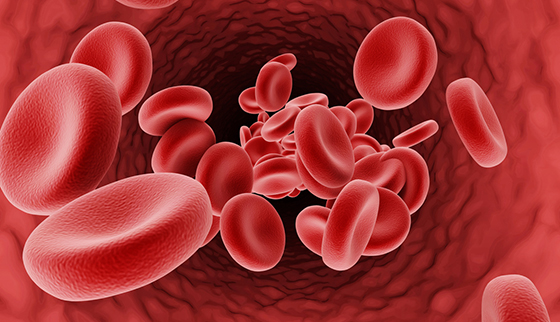
 International thalassemia Day is observed on the 8 th May 2021 which aims to spread awareness about the screening of the suspected patients to avoid symptoms, prevention, and complications. World Thalassemia Day theme 2021 is “Addressing Health Inequalities Across the Global Thalassemia Community.â€
International thalassemia Day is observed on the 8 th May 2021 which aims to spread awareness about the screening of the suspected patients to avoid symptoms, prevention, and complications. World Thalassemia Day theme 2021 is “Addressing Health Inequalities Across the Global Thalassemia Community.â€







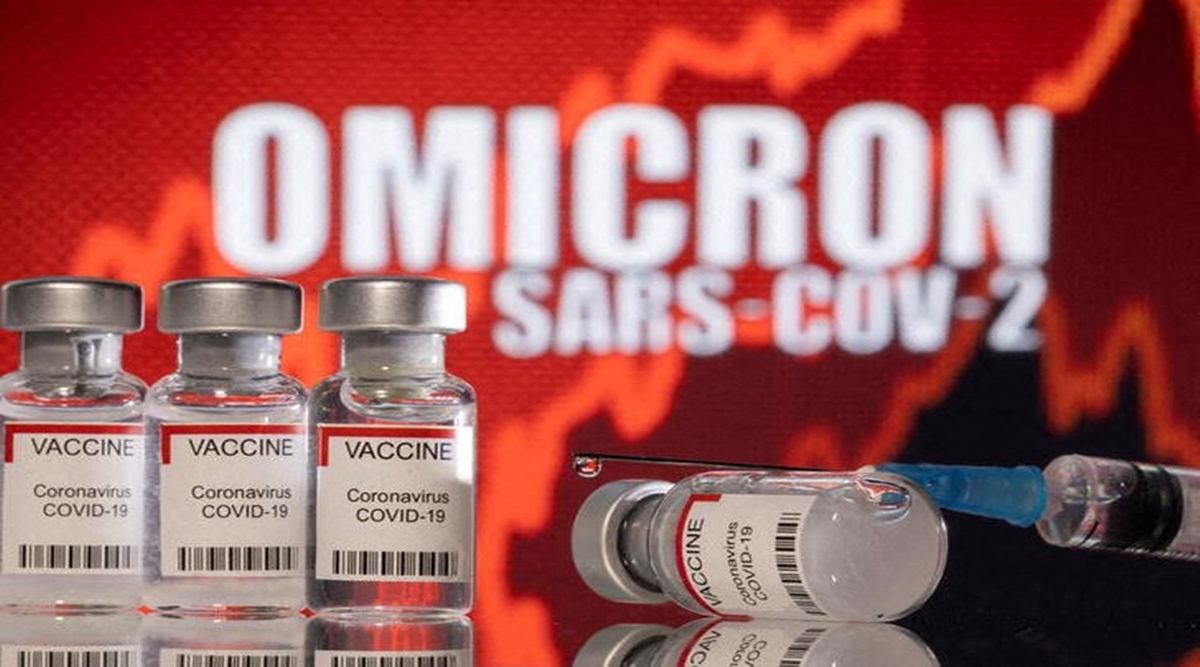
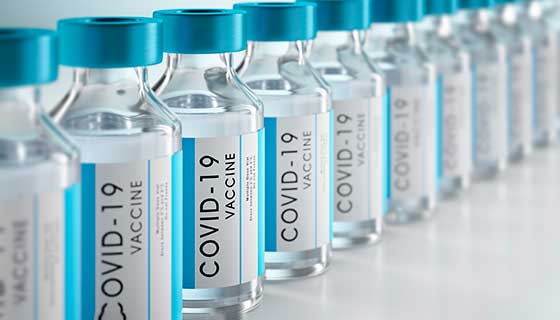
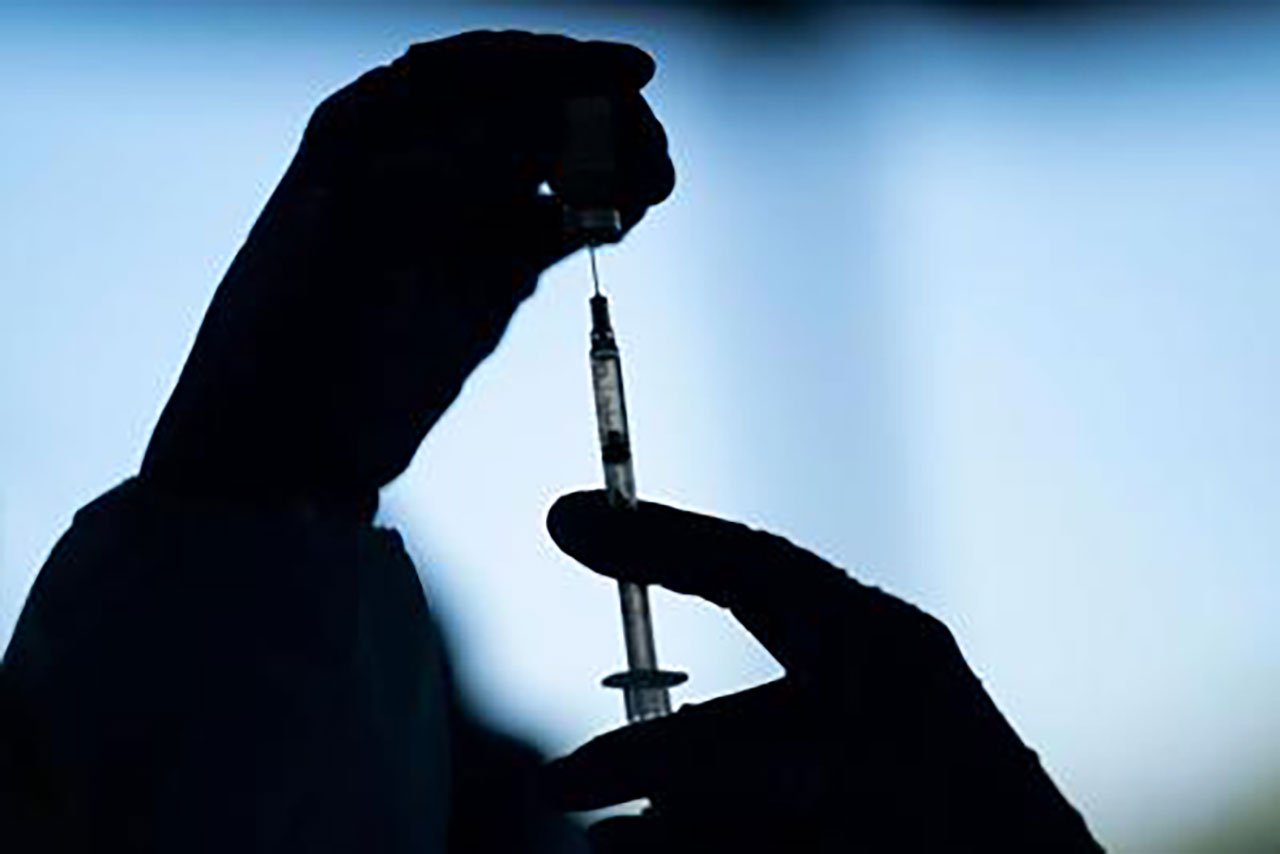
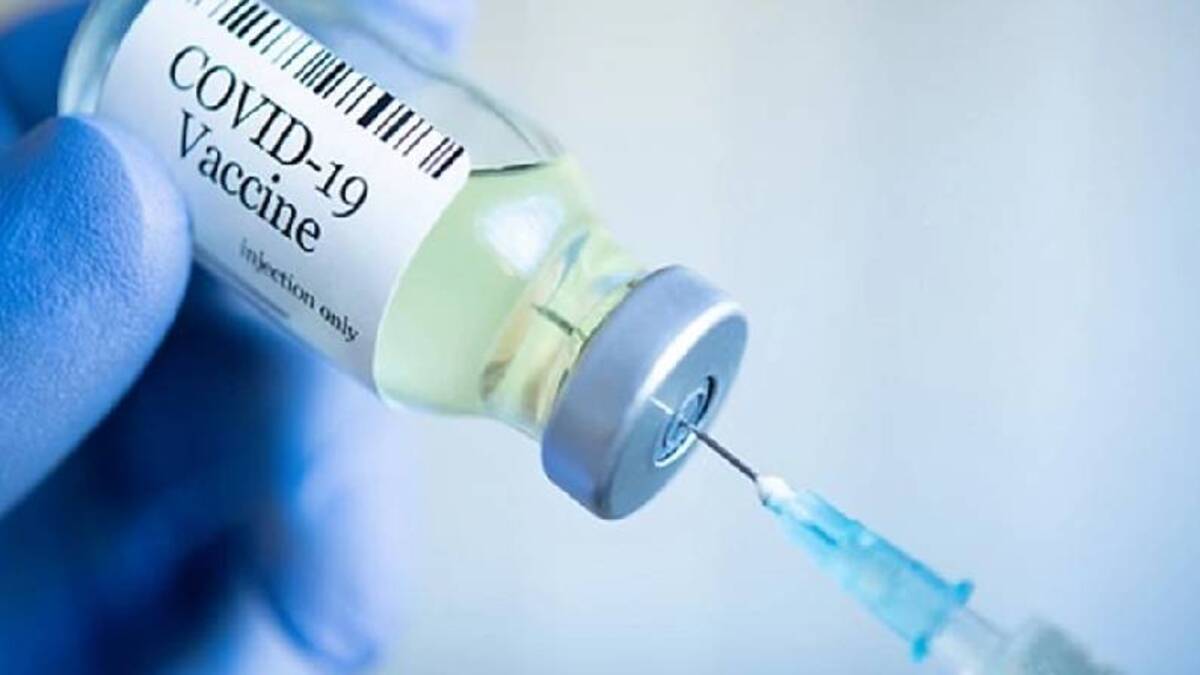
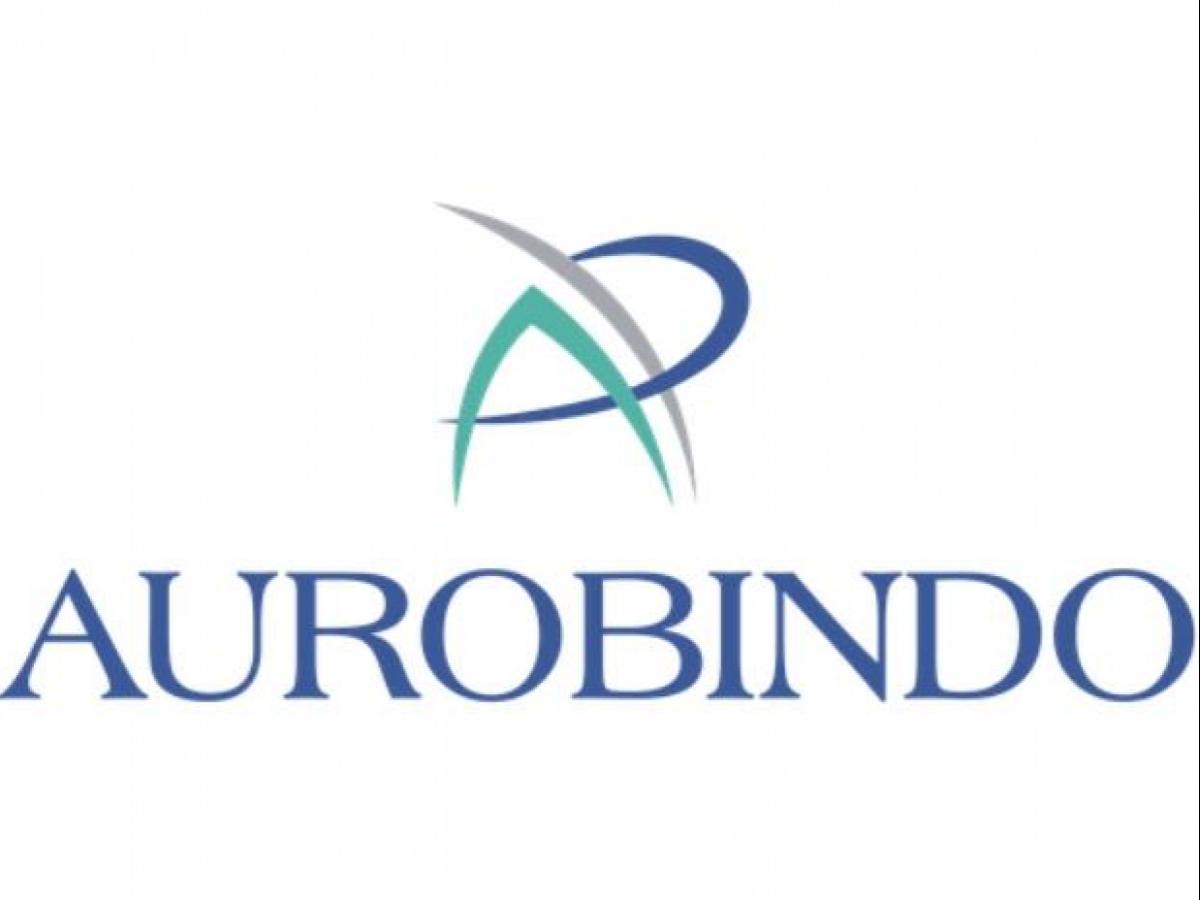
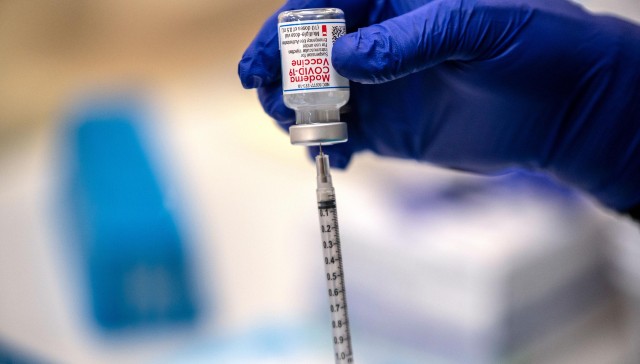
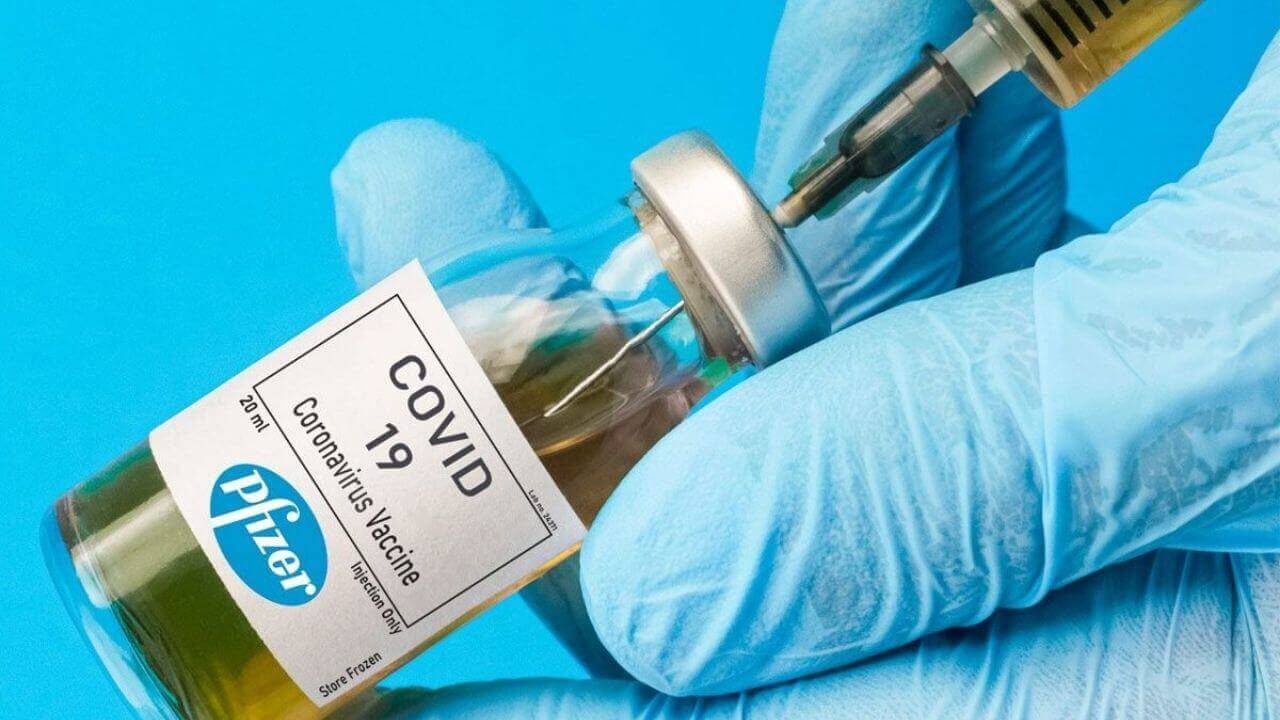






.jpeg)

.jpeg)










.jpg)




.jpg)

